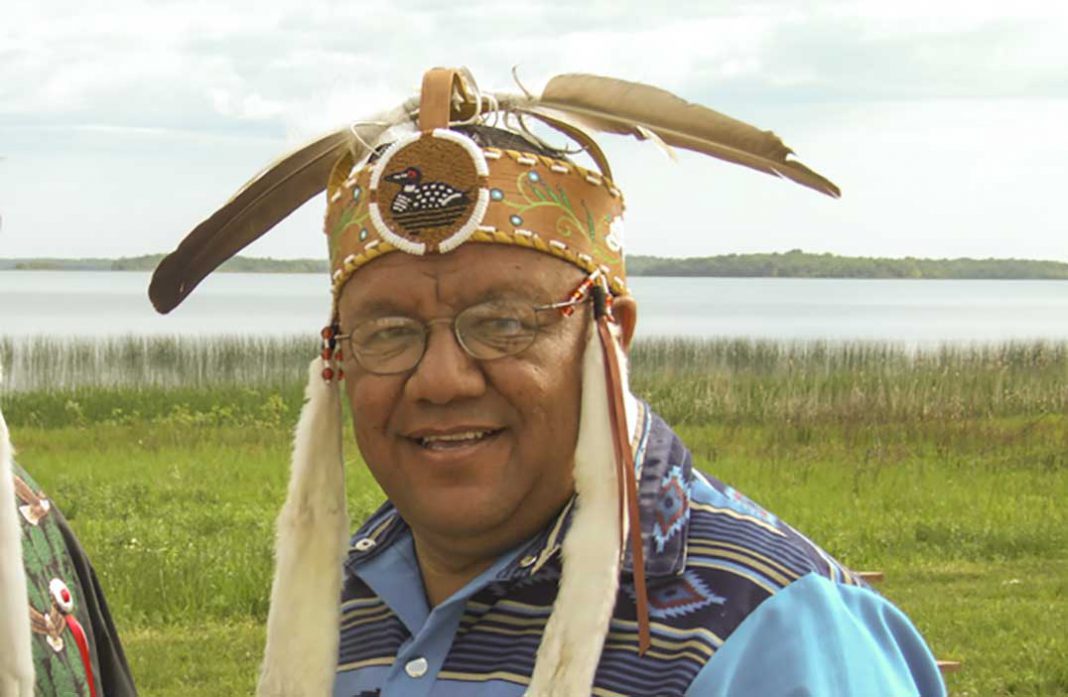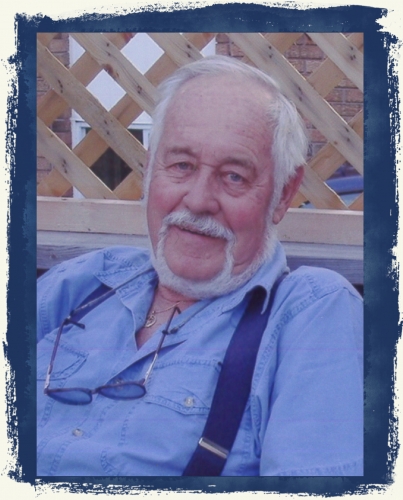SAULT STE. MARIE – Chiefs, councils and band members of the Anishinabek Nation met for three days last week to prepare for the governance agreement that will give decision-making power to First Nations.
“You know there are always naysayers out there, but the greatest majority of First Nations are a go on this agreement. And my message at the meeting last week is that past leadership, from 35-40 years ago, talked about wanting self-government and getting out from beneath the Indian Act,” said Glen Hare, Anishinabek Nation Grand Council Chief. He said the agreement will give decision-making power to First Nations, while the fiduciary duty of the government will still be there for First Nations.
Under the new agreement, “our communities will govern themselves,” asserted Grand Council Chief Hare.
Chiefs, councillors and band members met for three days in Sault Ste. Marie last week as part of the Anishinabek Nation Governance Summit. The theme of the gathering was Restoring our Rightful Jurisdiction and the Anishinabek Nation Governance Agreement Transition Plan.
The agreement, if successfully ratified, would remove First Nations from provisions of the Indian Act that deal with leadership selection, citizenship, language and culture, operations and management of governments.
Citizens of the Anishinabek Nation will vote on the proposed agreement between February 1 and 29.
“It’s a huge step. It will give the authority and the autonomy to the leadership of our communities to see what happens in our community will come from their leadership,” said Grand Council Chief Hare.
Currently, 27 of 40 First Nations represented by Anishinabek Nation have passed band council resolutions supporting the proposed governance agreement. A total of 19 First Nations are prepared to hold a ratification vote in February.
Martin Bayer, chief negotiator for the governance agreement, told SooToday in a January 17 story that there will also be opportunities for communities to hold a second vote after the first vote is complete—if the voting doesn’t meet the voting participation threshold (25 percent plus one).
“We are still carrying out community engagement,” said Grand Council Chief Hare, who noted, “once the agreement is in place, if for instance Nipissing First Nation wants something done, they by themselves will be able to say yes or no on things such as language, culture, education and the election process. It is the community itself that would make governance decisions in their community.”
Grand Council Chief Hare stated, “change has to happen, the status quo can’t remain. This week our negotiating team, myself and the deputy grand chief will be getting messages out in the media and social media on the agreement and the vote.”
The federal government officially signed off on the Governance Agreement during a press conference in Sault Ste. Marie this past August.





